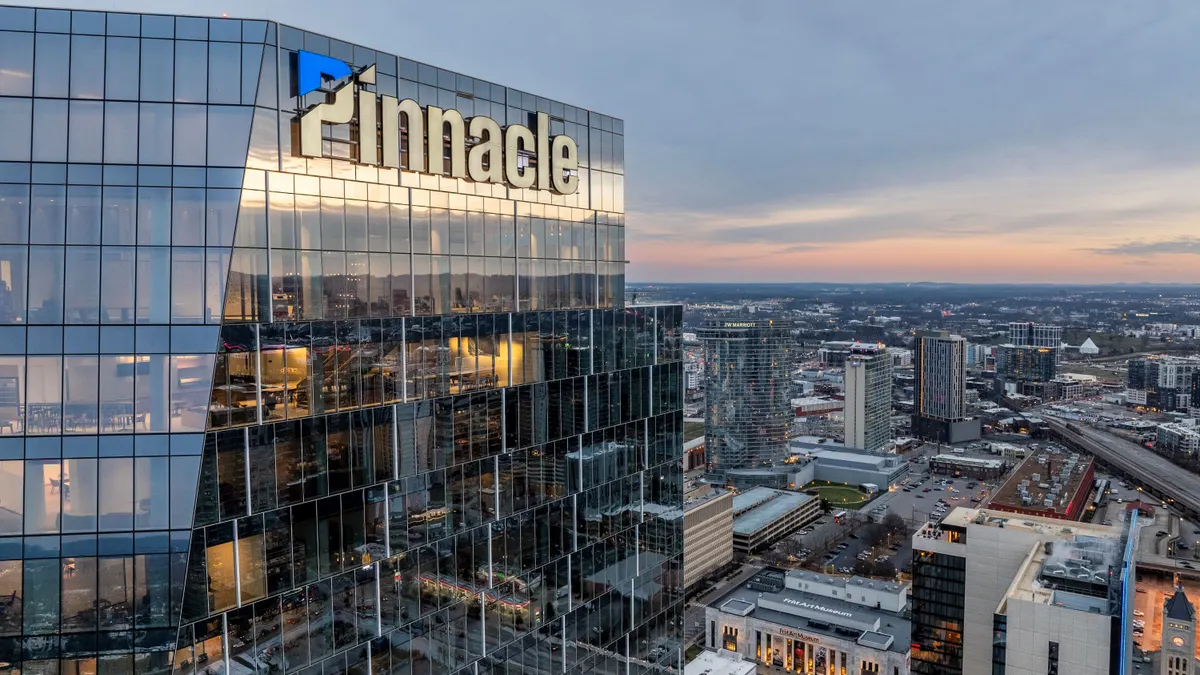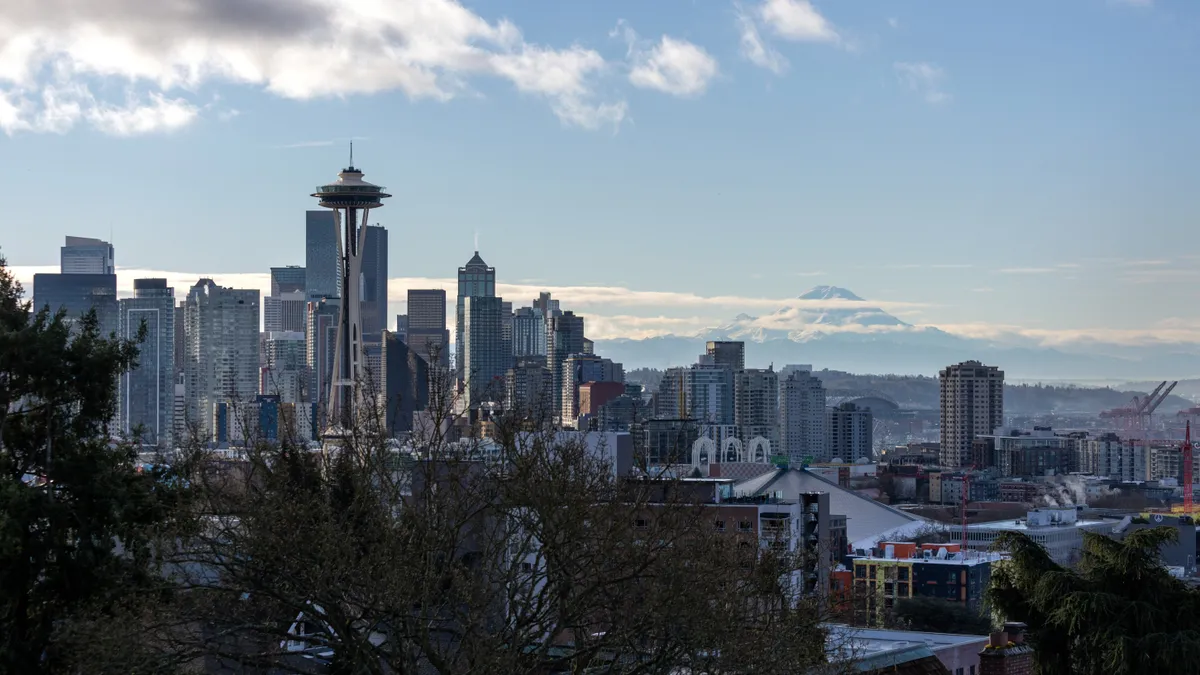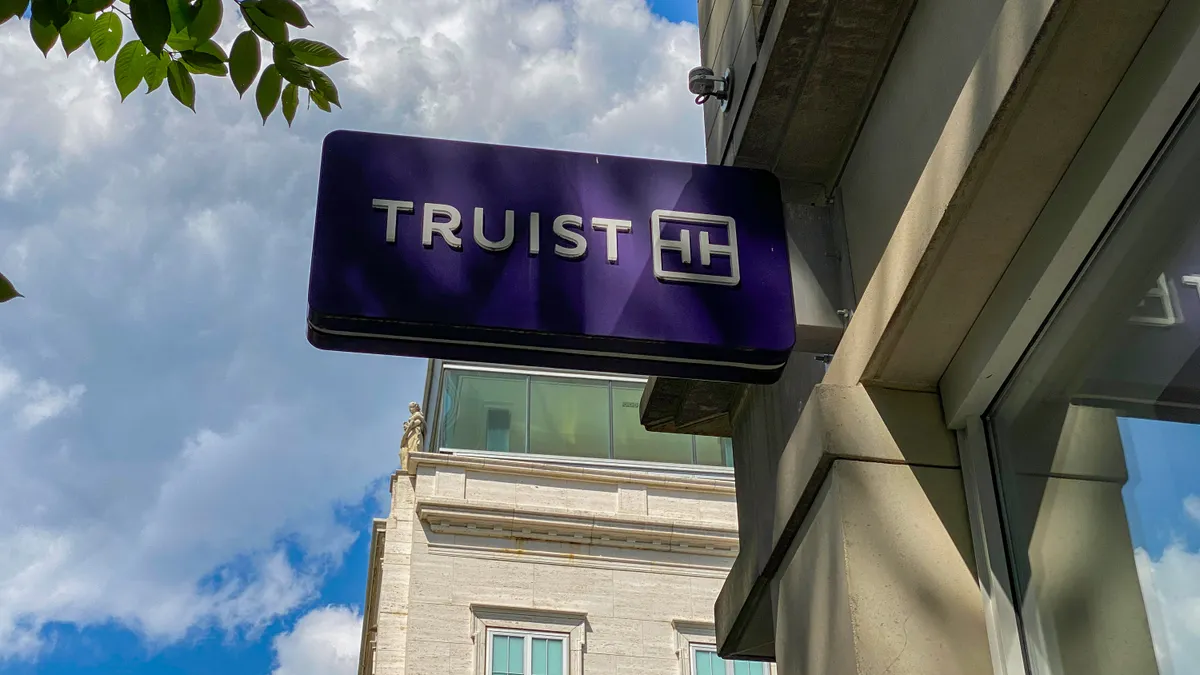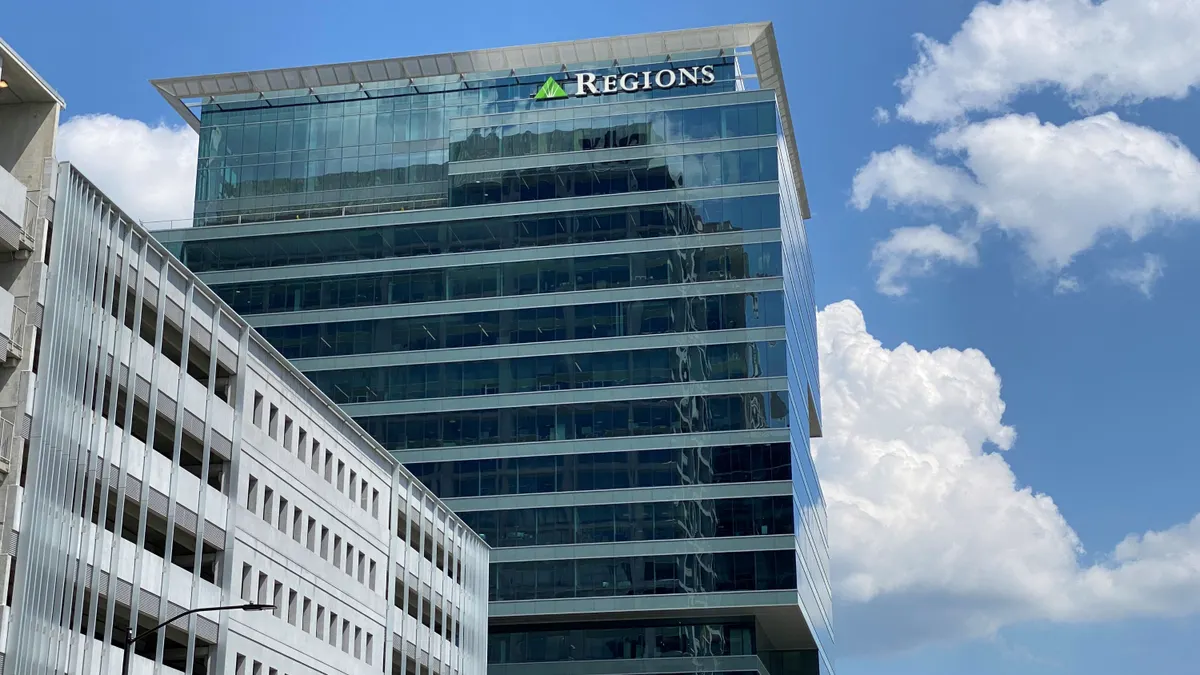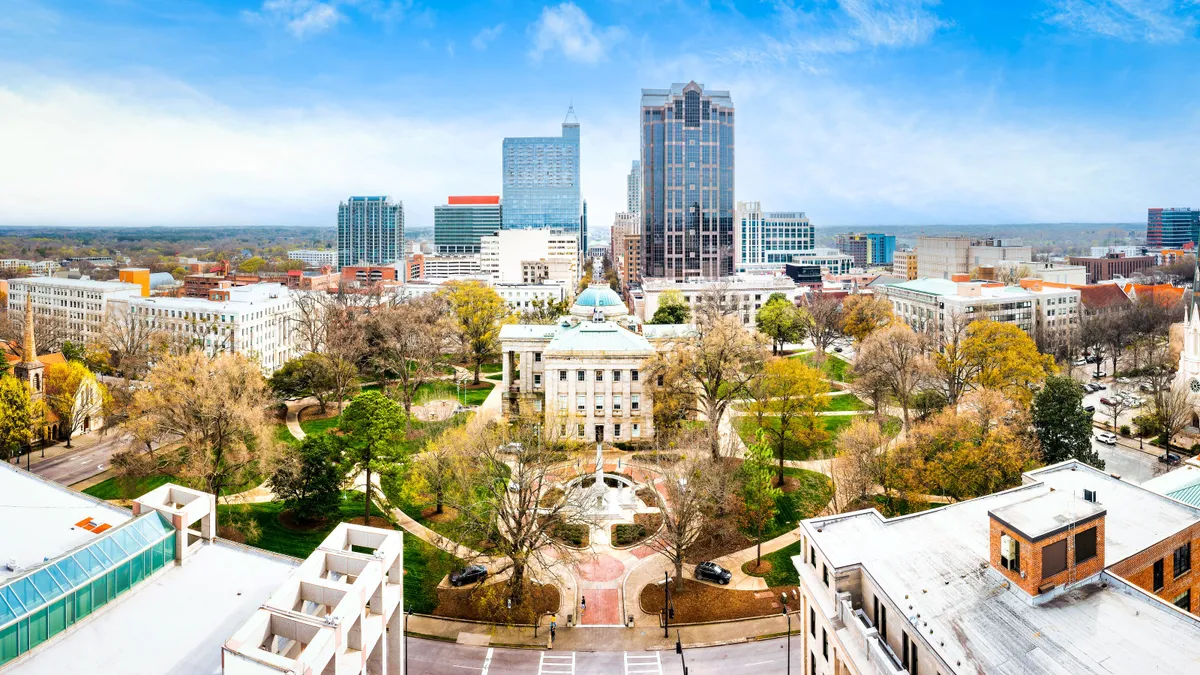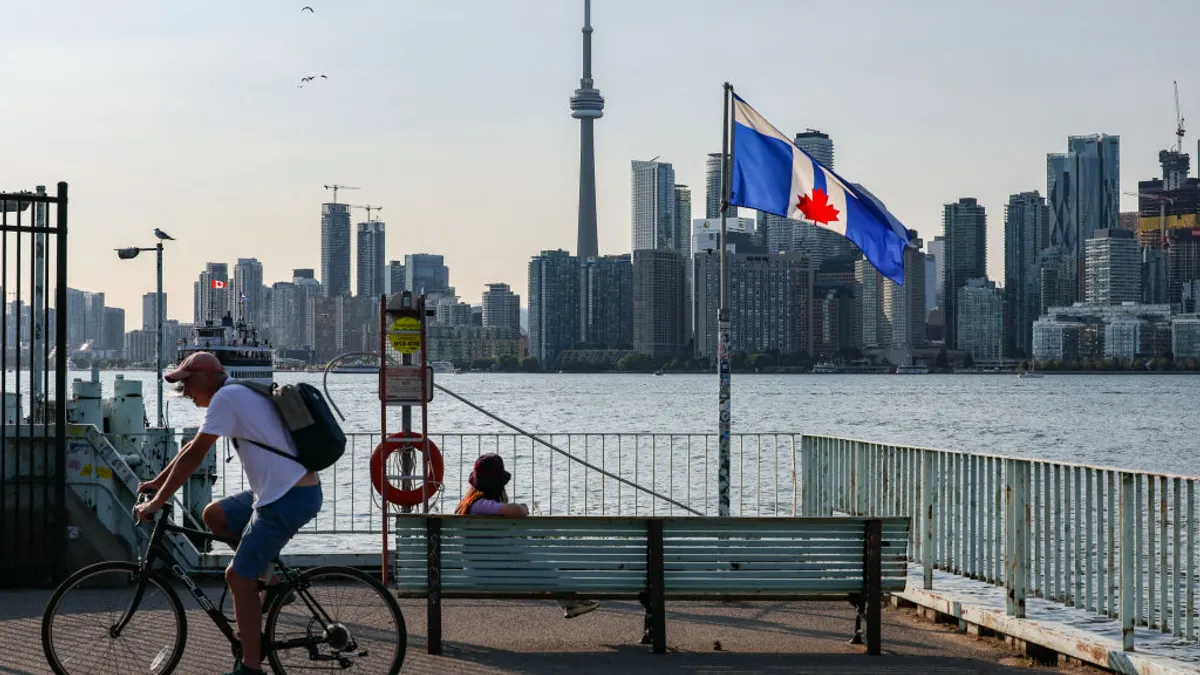"Once you wanted revolution / Now you're the institution / How's it feel to be the man? / It's no fun to be the man." — Ben Folds, "The Ascent of Stan"
Robinhood's move Jan. 28 to temporarily restrict trading of certain stocks, including that of once-foundering video-game retailer GameStop, may forever mark a shift in how it's perceived by its client base.
The app, which gained 3 million of its 13 million users in the first four months of 2020, hung its reputation on democratizing access to the stock market. Yet it turned to its existing investors Jan. 28 to raise $1 billion, and also tapped credit from banks including JPMorgan Chase, Goldman Sachs, Morgan Stanley, Wells Fargo and Barclays to defend against losses in the event the GameStop bubble bursts.
The company raised another $2.4 billion from shareholders as of Feb. 1, for a total of $3.4 billion — more than Robinhood had previously raised in the eight years since its founding, The Wall Street Journal reported.
The swell in GameStop's stock price — from less than $43 per share Jan. 22 to a peak of around $483 on the morning of Jan. 28 — can be attributed to an organized effort by day traders, particularly among the 3.1 million members of the Reddit message board r/wallstreetbets, to pile into stocks that some established hedge funds have bet against as a means to punish them.
Robinhood's pivot came after the stock market's central clearing hub, the Depository Trust & Clearing Corp. (DTCC), demanded significantly more collateral from its member brokers — $33.5 billion industrywide, up from $26 billion, Bloomberg reported. However, that total varied among individual institutions. Robinhood's deposit requirements related to equities increased tenfold this week, the company wrote in a blog post.
In an interview Jan. 31 on the invite-only social networking site Clubhouse, Robinhood CEO Vlad Tenev told Elon Musk the DTCC asked Robinhood for about $3 billion to back up the trades.
"Look, it is not negotiable for us to comply with our financial requirements and our clearinghouse deposits," Tenev told Bloomberg Television on Jan. 28.
Robinhood, in a statement, called the temporary restriction "a tough decision," adding that some of its financial requirements "fluctuate based on volatility in the markets and can be substantial in the current environment."
The company has since reduced — from about 50 to eight — the number of companies upon which it is continuing to restrict trading. That truncated list still includes GameStop, the investment app company said Jan. 31.
A spokesperson for Robinhood called the cash infusion from investors a "strong sign of confidence" that will help it "further serve our customers," according to the Financial Times.
However, some of the app's customers responded with outrage. Robinhood was named as a defendant Jan. 28 in more than a dozen class-action lawsuits demanding it reinstate trading of shares including GameStop.
"Either #Robinhood allows people to trade freely in the market or they will lose millions of users," one Twitter user wrote, according to CNBC.
The company's user agreement, though, appears to protect it from breach-of-contract claims, indicating Robinhood "may at any time, in its sole discretion and without prior notice to Me, prohibit or restrict My ability to trade securities," Reuters reported, citing an agreement posted on the company's website.
Reaction extended to lawmakers, too. Rep. Alexandria Ocasio-Cortez, D-NY, on Jan. 28 called Robinhood's stock-block "unacceptable" — a message Sen. Ted Cruz, R-TX, retweeted with the comment, "Fully agree."
Sen. Elizabeth Warren, D-MA, in a Jan. 31 interview on CNN, continued to push the Securities and Exchange Commission (SEC) for a broader review of policy concerning trading restrictions to avoid market manipulation.
"It's not about protecting people from making bad trades. It's about keeping the playing field level," she said. "Robinhood suddenly flipped the switch and said small investors are not going to get access to the market but not to worry, the billion-dollar hedge funds will still have access to the market. You can't do that in the middle of a trading cycle. If a broker-dealer like Robinhood is going to be out there and invite a lot of individual investors to come in, then that broker-dealer needs to operate under some basic rules."
The blowback, however, hasn't seemed to affect Robinhood's popularity. The app was downloaded 600,000 times Jan. 29, The Wall Street Journal reported.
The SEC, for its part, said Jan. 29 it will review brokerages' decisions to halt the buying of certain shares. Robinhood allowed limited trading Jan. 29 of the securities it restricted.
In a statement a day earlier announcing that he plans to hold a hearing on the "current state of the stock market," scheduled for Feb. 18, Sen. Sherrod Brown, D-OH, incoming chair of the Senate Banking Committee, noted the have-versus-have-not undercurrent ingrained in the week's events.
"People on Wall Street only care about the rules when they're the ones getting hurt," Brown said. "American workers have known for years the Wall Street system is broken — they've been paying the price."
Indeed, Robinhood may find itself at an inflection point. More established brokerages such as Charles Schwab's TD Ameritrade and Morgan Stanley's E*Trade curbed trading in GameStop stock but didn't suffer as public a blowback.
Robinhood spent its infancy touting the attitude of an upstart that broke down barriers established by a traditional, more exclusive cadre of brokers. And yet, until September, it was the highest-valued U.S.-based fintech.
At what point does the upstart become the establishment? When it rolls out an IPO? Bloomberg reported as recently as this month Robinhood could go public this quarter.
Robinhood has taken its share of lumps over the past year and change. It pulled its banking charter application with the Office of the Comptroller of the Currency (OCC) in December 2019, and in July indefinitely postponed a plan to launch its app in the U.K. It suffered a series of outages in March that left traders unable to access the platform on a day when the Dow Jones Industrial Average posted its greatest percentage gain since 2009 — and was sued by users then, too.
Most recently, it agreed last month to pay $65 million to settle SEC charges that it failed to disclose until 2018 that it sold its clients' orders to high-speed trading firms. And a day earlier, Massachusetts regulators filed a complaint against the company, claiming it uses "aggressive tactics to attract inexperienced investors" and "gamification strategies to manipulate customers." (Robinhood responded Jan. 29 to the Massachusetts complaint, saying the features the attorney general blasted, such as frequent phone-based prompts and digital confetti, are legal, and that the complaint "misrepresents the Robinhood experience.")
What is the GameStop bubble if not a game? Except this time, in leaning in to its lenders and established investors, Robinhood finds itself on the defense.







